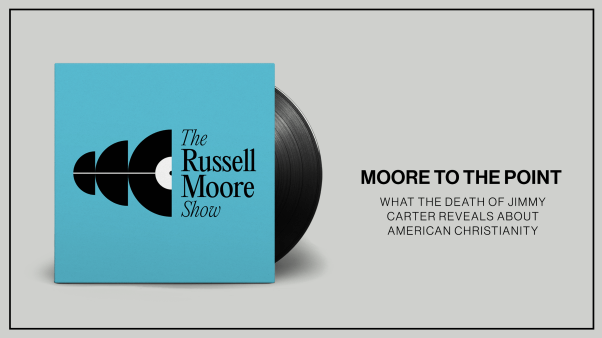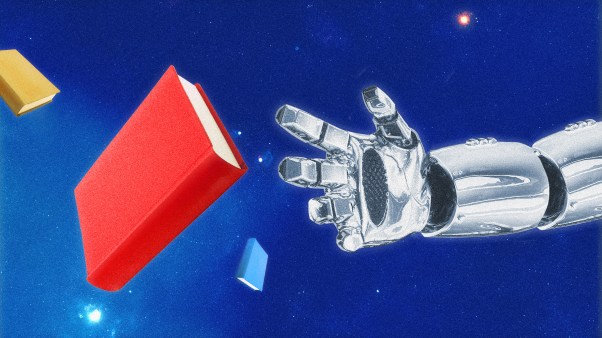Back in 1962, the philosopher—and beekeeper, oddly enough—Richard Taylor published in the Philosophical Review an essay called “Fatalism.” The result could be called a firestorm of commentary and criticism, except that philosophers don’t do firestorms. Not really. They mostly buzz around the world, looking for nectar and bringing it home to build up great honeycombs of argument in their books—grand architectural constructions, made of fragile wax.
It’s typical to sneer, a little, at the result. The ancient Greeks used to tell the story—it’s in both Aristotle and Diogenes Laertius—of a maidservant laughing as Thales, the first philosopher, stumbled into an unnoticed pit at his feet while staring at the sky above his head. We get so little from the philosophers: just some wax with which to make a candle. And who needs the poor flicker of reason when the sun of nature, the light of ordinary experience, shines so brightly?
The answer, of course, is no one. No one needs a candle. At least, not until the darkness comes. Which is rather the point that both Aristotle and Diogenes Laertius go on to make. The sun sets, the night cometh when no man can work, and suddenly human beings, so confident in the daylight, find themselves scrambling to obtain those little flames. Besides, you can also find, from time to time, a store of honey and a dangerous sting among those busy philosophers as they bumble along. I would have guessed it would be the sweetness—Thales and his fellow pre-Socratics, for instance, or the pleasant unities of Thomism—that attracted the novelist David Foster Wallace. But he got stung, instead, by Richard Taylor’s argument for fatalism, and in 1985, finishing up an undergraduate degree at Amherst, the young Wallace submitted as his senior thesis a 76-page essay entitled “Richard Taylor’s ‘Fatalism’ and the Semantics of Physical Modality.”
To read it is to realize that David Foster Wallace was a smart cookie. The son of a philosophy professor, he went on, after Amherst, to take graduate courses in philosophy at Harvard—but only briefly, before he decided to concentrate on writing. And it’s for his fiction, not his technical philosophy, that we know him: The Broom of the System in 1987, which made him seem the wildest, hottest young talent since Ken Kesey, and, especially, Infinite Jest in 1996, a maniacally dystopian novel, over a thousand pages long, about tennis, drug rehabilitation, compulsive entertainment, and Canadian terrorists. All the honors heaped upon him—the MacArthur Foundation’s “genius grant,” the Aga Khan prize, the distinguished writing professor’s chair at Pomona College—were not enough to pull him out of his decline; a lifelong depressive, Wallace hanged himself in 2008, only forty-six years old. But interest in all the unpublished bits of his work has remained high. In 2009, Little, Brown brought out, as a book called This is Water, the text of the commencement address he delivered at Kenyon in 2005, and this spring the publisher will issue The Pale King, the novel Wallace left unfinished at his death. Meanwhile, Columbia University Press has given us Fate, Time, and Language: An Essay on Free Will, that undergraduate thesis of Wallace’s, bulked up into a book-length manuscript with editorial notes, introductions, and essays of commentary by professional philosophers.
Richard Taylor’s 1962 argument for fatalism caused such a buzz in part because its premises seemed so straightforward and commonsensical, and yet from them he seemed to draw, validly, the conclusion that it is never in our power to do anything other than what we actually do. The argument involves what philosophers call future contingents, or, rather, propositions set in the present about the future. All of them perfectly uncontroversial, as, for instance, “It is true now that either there will be a sea-battle tomorrow or there will not be a sea-battle tomorrow.” (Ever since Aristotle used them in his common-language examples of modal propositions, sea-battles have held a traditional place in these kinds of logical arguments, and who are we to challenge such ancient customs? “The wisdom of our ancestors is in the simile,” as Dickens once remarked, “and my unhallowed hands shall not disturb it, or the Country’s done for.”)
Now, watch the argument come together. Taylor first shifts it into the past—which he can do, thanks to his apparently straightforward premise that time is not, in itself, “efficacious”; it does not, by its sheer passage, make possibilities cease to exist. So, if the proposition “There will be a sea-battle tomorrow” was true yesterday, then the fact, today, of a sea-battle provides the necessary condition for the truth of the proposition yesterday, just as today’s failure to have a sea-battle would create the necessary condition for the truth of yesterday’s proposition that “There will not be a sea-battle tomorrow.” Either way, something later in time appears to be logically influencing something earlier in time, and once Taylor moves the whole thing forward again, we get the conclusion that present truth is dictated by future reality. We get fatalism, in other words.
David Foster Wallace intensely disliked that conclusion—as have nearly all who’ve worked their way through it. Aristotle took up much of the topic in the Organon, and his solution to this kind of problem is a common one. Logically, it involves rejecting the claim that propositions about future contingents are either true or false in the present: They are, he argued, of indeterminate truth value until the future comes along to resolve their possibilities (think of the parallel claims of Heisenberg’s uncertainty principle or, better, Schrödinger’s Cat, suspended in a box between the possibilities of life and death until someone opens the box to check). Metaphysically, Aristotle’s solution to the logic puzzles of free will involves an acceptance of time as efficacious—a declaration that the sheer physical motion of things in the universe, the measure of which is the definition of time, causes possibilities to cease to exist. “Time, in virtue of itself, is a cause of corruption rather than of generation,” as he wrote in, naturally, On Generation and Corruption.
Wallace concludes his thesis on all this by writing, “if Taylor and the fatalists want to force upon us a metaphysical conclusion, they must do metaphysics, not semantics. And this seems entirely appropriate.” It’s a smart point and the proper ending to his work, which sets out to find the semantic flaws in Taylor’s argument, rather than trying to provide a metaphysical refutation.
Fate, Time, and Language is a fairly dense work of modal logic done in the modern symbolic style. James Ryerson, an editor at the New York Times Sunday magazine who writes an introduction for the book, cites, as proof of the difficulty of the thesis, a sentence echoed by many reviewers: “Let F (a physical possibility structure) be a set of distinct but intersecting paths ji—jn, each of which is a set of functions, L’s, on ordered pairs {t, w} ({time, world situation}), such that for any Ln, Lm in some ji, Ln R Lm, where R is a primitive accessibility relation corresponding to physical possibility understood in terms of diachronic physical compatibility.”
That’s mostly undergraduate bravura, however; smart undergraduate bravura, but basically a kind of showing off. In essence—or, at least, in the ordinary language that Aristotle and Taylor himself preferred—Wallace’s argument boils down to a clarification of the modal terms: a recognition that Taylor was cheating by having the modes of “possibility” and “necessity” modify different parts of the propositions when he shifted them temporally. Wallace may be right that all this, in fact, comes clearer when expressed in symbols than it does when written in normal grammatical sentences. But what he is aiming at is more or less this: The propositions “It was true yesterday that there couldn’t be a sea-battle today” and “It couldn’t be true yesterday that there would be a sea-battle today” are only superficially identical. They slip illegitimately between physical and logical impossibility, and they shift the temporality of the modifier from the modality of the event to the modality of the proposition about the event.
However much Ryerson and the other included writers want to praise Wallace’s work, trying to create some buzz about the book, that’s neither a particularly original conclusion nor an exceptionally inventive technique for arriving at it. Except, of course, if you recognize that David Foster Wallace was a prodigy of an undergraduate, at the time, and headed for great things. Which he was. Fate, Time, and Language made it into print because its author wrote Infinite Jest. It deserves to be read for much the reason.
Joseph Bottum is a contributing editor for The Weekly Standard.
Copyright © 2011 Books & Culture. Click for reprint information.










